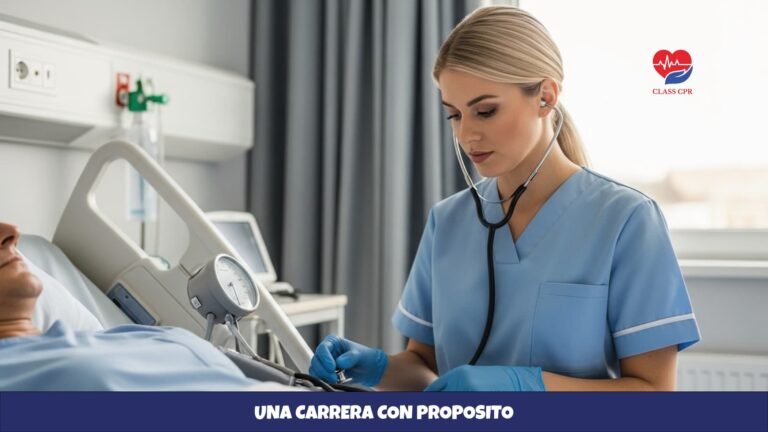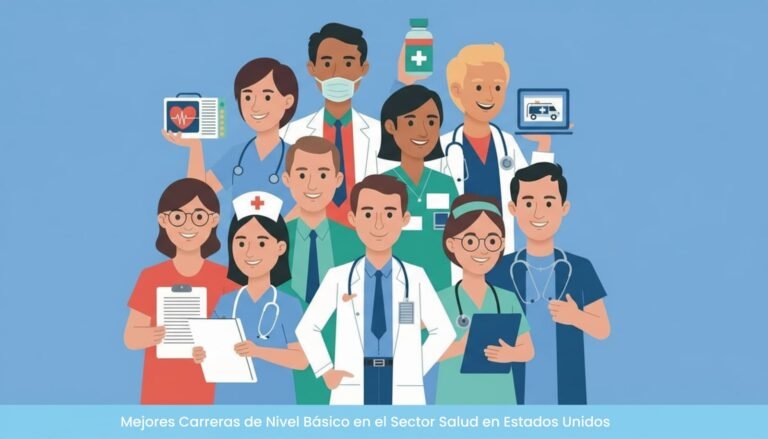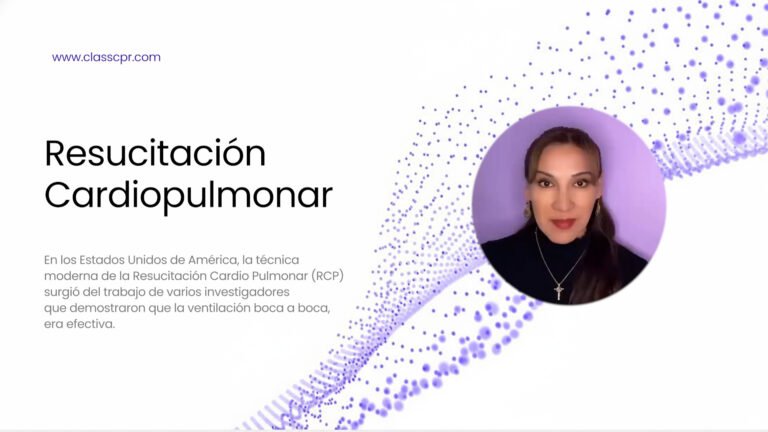Did you know that small changes to your daily routine can make a big difference in your heart health? The surprising part is that one of those changes has nothing to do with diet or exercise—yet it might be the most powerful of them all. Stick around until the end to find out what it is.
Contents:
- Habit 1: Walk 30 minutes a day
- Habit 2: Drink water instead of sugary beverages
- Habit 3: Sleep 7 to 8 hours every night
- Habit 4: Eat more fruits and vegetables
- Habit 5: Take a deep breath at least once an hour
- Habit 6: Monitor your blood pressure regularly
- Habit 7 (the unexpected one): Learn basic CPR
- Conclusion
Habit 1: Walk 30 Minutes a Day
You don’t need to run marathons to take care of your heart. Walking at least 30 minutes a day improves circulation, reduces stress, and strengthens your heart muscle. If your schedule is tight, break it into three 10-minute walks.
Habit 2: Drink Water Instead of Sugary Beverages
Excess sugar damages arteries and increases the risk of heart disease. Swapping just one sugary drink a day for water can make a significant impact on your cardiovascular health.
Habit 3: Sleep 7 to 8 Hours Every Night
Poor or insufficient sleep raises your blood pressure and heart rate. Quality rest allows your heart to recover and function better the next day.
Habit 4: Eat More Fruits and Vegetables
Add at least one fruit and one vegetable to every meal. They’re rich in fiber, vitamins, and antioxidants—ideal for keeping your arteries clean and your blood pressure in check.
Habit 5: Take a Deep Breath at Least Once an Hour
It may seem simple, but pausing to take a deep breath helps reduce stress. And less stress means less strain on your heart. Try inhaling for 4 seconds, holding for 4 seconds, and exhaling for 4 seconds.
Habit 6: Monitor Your Blood Pressure Regularly
You can use a home blood pressure monitor. Catching changes early is key to preventing cardiac emergencies. It’s another small daily habit with big benefits.
Habit 7 (The Unexpected One): Learn Basic CPR
This habit doesn’t directly improve your heart, but it could save someone else’s. Knowing how to perform CPR (Cardiopulmonary Resuscitation) in an emergency can be the difference between life and death—and making that difference is emotionally rewarding, too.
Conclusion
These 7 habits don’t require huge effort—but they do require commitment. Each one is a step toward a healthier, longer, and more mindful life. Start today with just one change. Because small daily choices can have a massive impact on your heart health.
Interested in learning CPR and being truly prepared to save a life? Check out our certification courses and start making a difference today.





